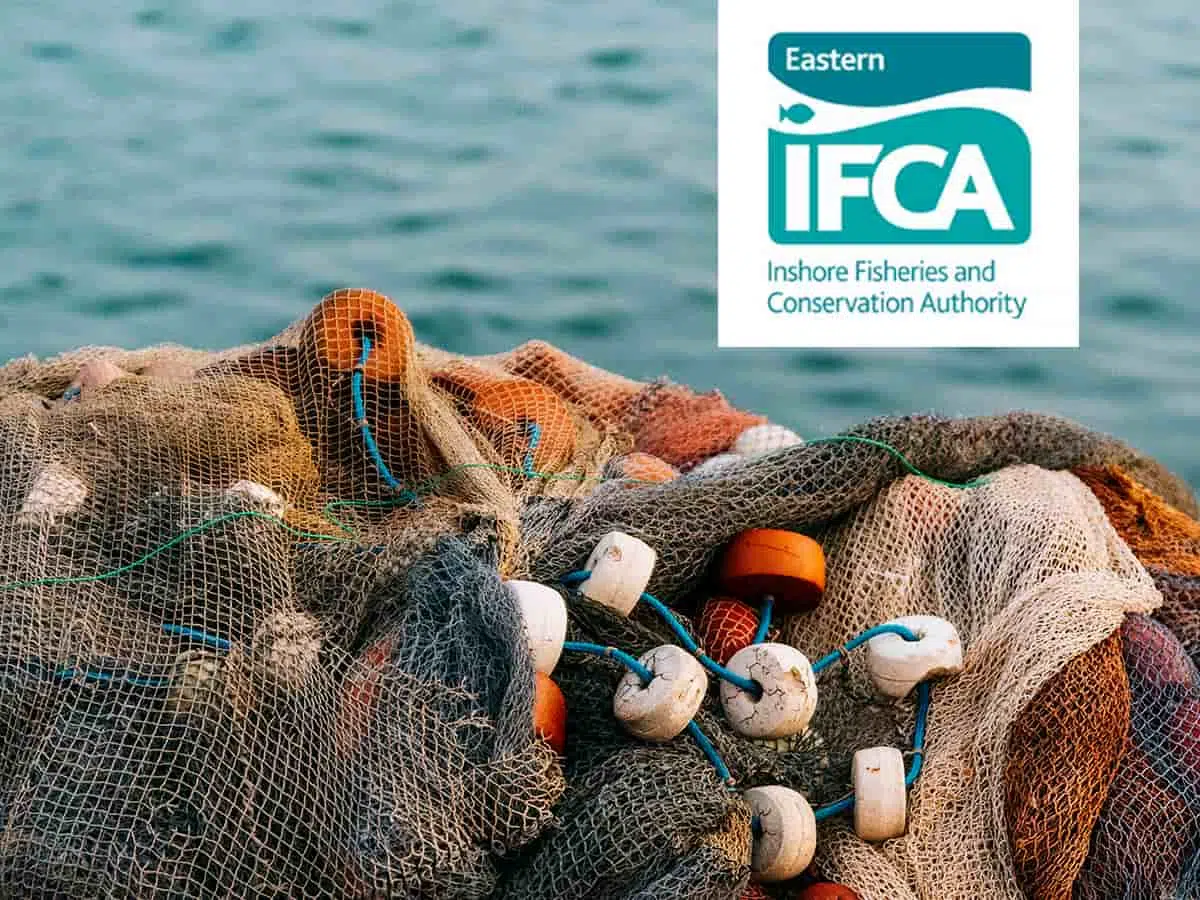Sector
Membership
Location
Norfolk
Website
eastern-ifca.gov.uk
Mackman Research was commissioned by Eastern IFCA to conduct a benchmark awareness survey to understand stakeholder awareness and engagement, across Eastern IFCA’s three counties (Lincolnshire, Norfolk, Suffolk). In particular, assessing the role that Eastern IFCA has in the coastal community and measuring the level of understanding for Eastern IFCA’s change of emphasis towards sustainability as well as their requirement to balance social and economic benefits of sea fisheries against exploitation.
Brand Facts
- Eastern IFCA is one of 10 Inshore Fisheries and Conservation Authorities (IFCAs), which protect the marine inshore environment around the coasts of England.
- IFCAs have been created under the Marine and Coastal Access Act (2009) as a means of modernising the function and powers of Sea Fisheries Committees.
- Eastern IFCA has close ties with other IFCAs in England with equipment, training and knowledge being frequently shared between different Authorities.
Project Facts
- Eastern IFCA needed to conduct awareness research to inform them about how well they are doing to meet their objectives.
- This was in order to identify where they need to target their engagement activities in the future. They also wanted the research to create a set of bench mark measurements against which Eastern IFCA can show progress.

The Client
Protecting the marine inshore environment
Eastern Inshore Fisheries and Conservation Authority works to balance the protection of the region’s diverse marine life with the sustainable use of fish and shellfish. Eastern IFCA contacted Mackman with a brief to carry out an awareness campaign.
To achieve the highest response rate possible, Mackman Research used a mixed approach using a combination of an online survey (by email), telephone survey and face to face interviews for the more difficult to reach populations. Within each main stakeholders group we identified sub-user groups which shared the same attributes and characteristics of the key stakeholder group. Because of this, we recommended the project employ a random stratified methodology. All surveys were anonymous and respondents were notified of this.
The telephone survey lasted approximately six minutes with a Mackman researcher. Several respondents asked for the survey to be emailed and were sent a live link to the online version of the questionnaire. The face to face interviews took place over two days. The fieldwork crucially needed to consider the weather and the tides. Fieldwork took place in Southwold / Aldeburgh and the North Norfolk stretch of coastline between Cley next the Sea and Cromer, respectively. A paper version of the survey was used to question members of the public at all of these locations. Participation was monitored and when one group was found to have a low response rate, more contacts from this grouping where sought.
The Challenge
Each sub-group were contacted by an email address (if supplied) and by telephone if a number was available. The online survey was live over the course of two and a half weeks. During this time, three reminder emails were sent. Telephone contacts were sent a letter from Eastern IFCA informing them of the awareness survey and that a researcher from Mackman would be calling.
The Results
219 respondents completed the online and telephone survey, achieving a confidence level of 95% and a confidence interval of +/-6.6%, from a population of 528. In addition to this, 64 face to face qualitative interviews were conducted during the fieldwork stage.
The awareness research has been valuable to Eastern IFCA and assisted the government organisation in targeting their future engagement activities. To help Eastern IFCA accomplish this, Mackman Research considered the coastal users’ level of understanding and ratings for Eastern IFCA priorities. The research identified areas for improved communication and the importance of reaching out to hard to reach populations. The investigation has also helped Eastern IFCA think about their broader marketing and how how they can expand their current offering to members of the public and the fishing community.
Immediately, we felt that they understood the requirements of the research and they took reasonable time to consider a sound and practical methodology to meet the demands of the project. The research team were easy to talk to, enthusiastic and worked hard to bring the project in on time to a tight timescale and budget. We were impressed by the final report showing comprehensive results and recommendations. A presentation which we additionally requested covered everything we defined in a concise and practical solution.
This report is a valuable study: the results have given our organisation a benchmark for future engagement with our key stakeholders, helping Eastern IFCA continue to make an impact on the work we do to sustainably manage inshore fisheries in Lincolnshire, Norfolk and Suffolk. We are looking forward to making the most of the research, to create and deliver a targeted engagement activity programme. I would highly recommend Mackman Research for research projects.
Phil Haslam, CEO – Eastern IFCA
